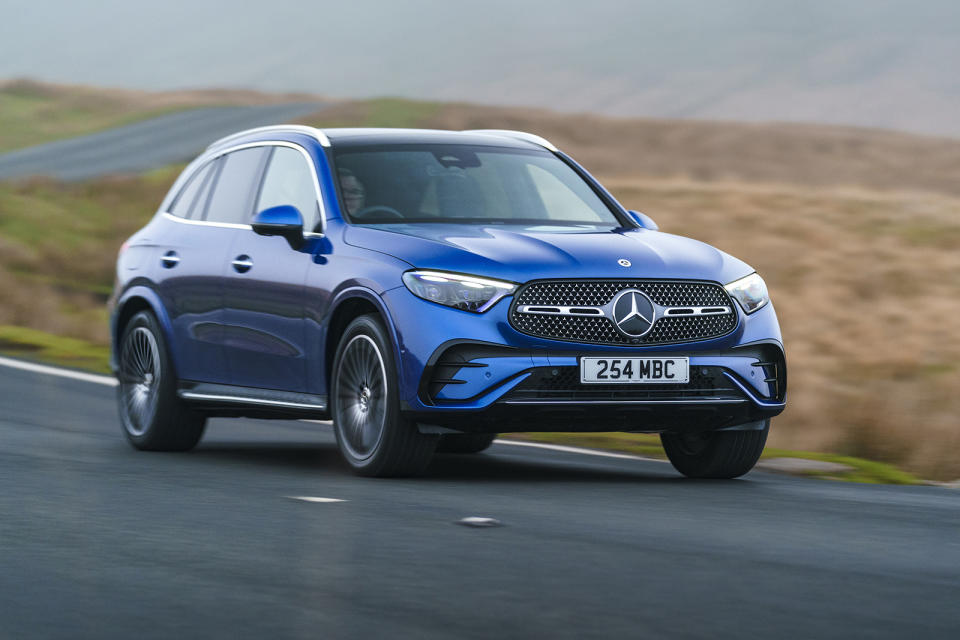Top 10 best hybrid SUVs 2024

The UK government has now done what amounts to a 180-degree U-turn on its stance on plug-in hybrid cars. Despite having had a benefit-in-kind company car tax system that has incentivised their adoption since 2021, it currently plans to treat PHEVs and regular HEVs (Hybrid Electric Vehicles) no differently from other combustion-engined vehicles in the longer term; they face a gradual phasing out as 'ZEV Mandate' legislation bites running up to and beyond 2030, followed by a total ban in 2035.
With the adoption of even more BIK-tax-efficient electric cars remaining problematic for a great many of us, however, a hybrid family SUV could well be the most sensible option on the menu for the medium term. And the good news is, for most people most of the time, the PHEV continues to makes a lot of sense. For commuting and most running around, they now offer very usable electric range, while any trips further afield can be made without having to rely on an EV charging network that’s still in its infancy.
And while these petrol-electric models are still expensive to buy, they continue to attract preferential Benefit-in-Kind taxation rates for company car drivers, which usually makes them a far more wallet-friendly alternative to a traditional company car. In fact, it's in the context of the corporate car park that these bi-fuel models make the most sense.
Funnily enough, plug-in powertrains also make a lot of sense when they’re installed in SUVs, where the bulk of the battery and extra electric motors can usually be accommodated without any loss in space and practicality. And because these higher-rising, convenience-first cars continue to be hugely popular with buyers, there’s a wide choice of contenders, from relatively affordable compact crossovers to higher-priced and higher-performance luxury machines.
The best hybrid SUVs
]]>

 Yahoo Autos
Yahoo Autos 